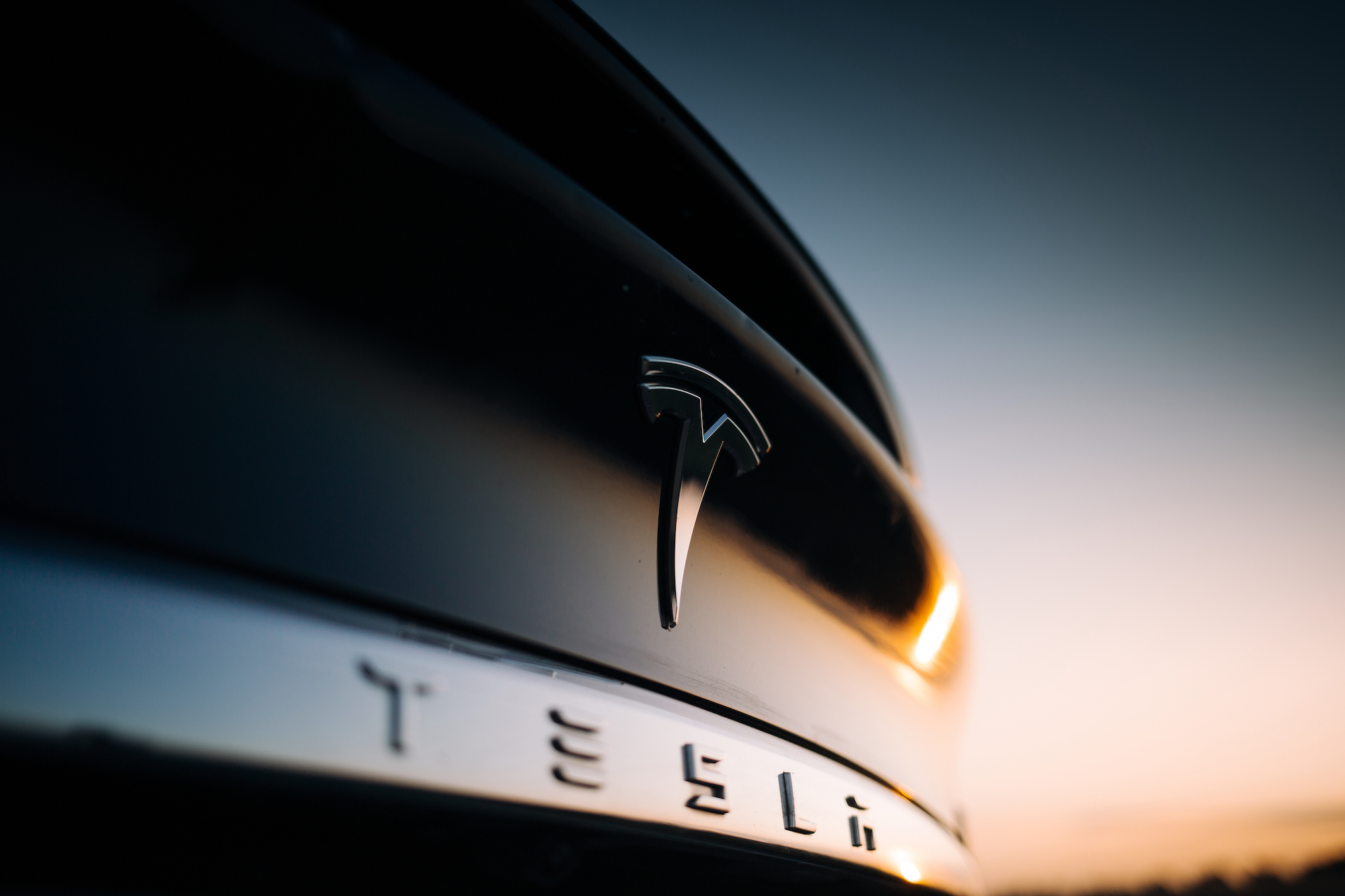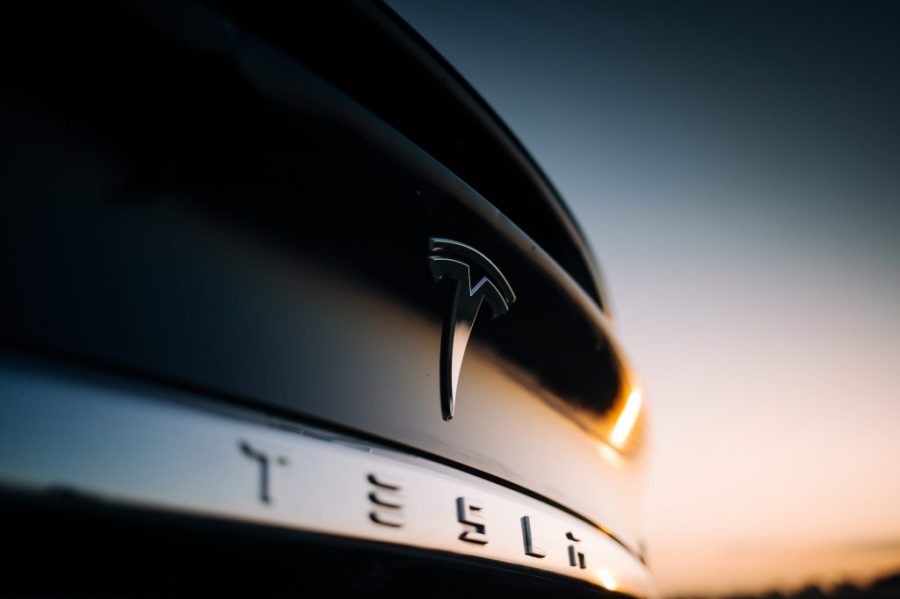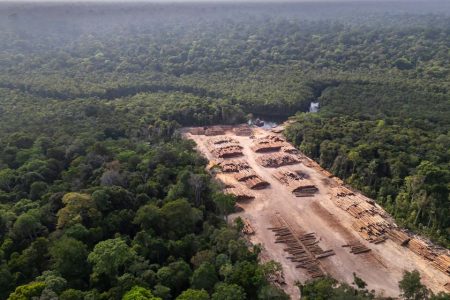Tesla is turning to Mozambique for a key component in its electric car batteries in what analysts believe is a pioneering deal designed to reduce its dependence on China for graphite.
Elon Musk’s company signed an agreement last December with Australia’s Syrah Resources, which operates one of the world’s largest graphite mines in Mozambique.
Syrah’s graphite mine in Mozambique’s northernmost province, Cabo Delgado, has the ability to produce 350,000 tons of flake graphite a year.
The deal is a unique partnership between an electric vehicle manufacturer and a producer of the mineral that is critical for lithium-ion batteries.
Tesla will buy the material from the company’s processing plant in Vidalia, Louisiana, which sources graphite from its mine in Balama, Mozambique.
The Austin, Texas-based electric automaker plans to buy 80 per cent of the plant’s production – 8,000 tons of graphite per year – starting in 2025. Under the terms of the agreement. Syrah must prove the material meets Tesla’s standards.
The deal is part of Tesla’s plan to ramp up its capacity to make its own batteries so it can reduce its dependence on China, which dominates global graphite markets, said Simon Moores of London-based battery materials data and intelligence provider, Benchmark Mineral Intelligence.
“It starts at the top with geopolitics,” Moores told CNBC.
“The US wants to build enough capacity domestically to be able to build [lithium-ion batteries] within its borders. And this deal will permit Tesla to source graphite independent from China.”
The battery industry has been confronted with limited supplies of graphite in recent months, Moores said.
Graphite stores lithium inside a battery until it is needed to generate electricity by splitting into charged ions and electrons.
The deal with Syrah is part of a broader effort by automakers to secure relatively scarce raw materials for batteries as demand for electric vehicles is expected to grow, CLBrief reported.
For the Australian mining firm, the deal is “crucial” because it has a non-Chinese purchaser for its graphite product, Moores said.






